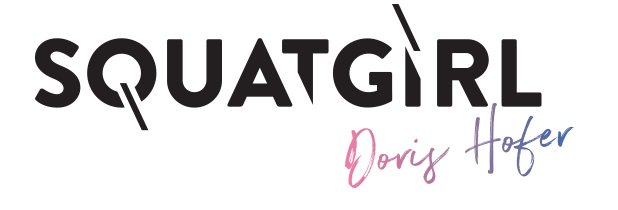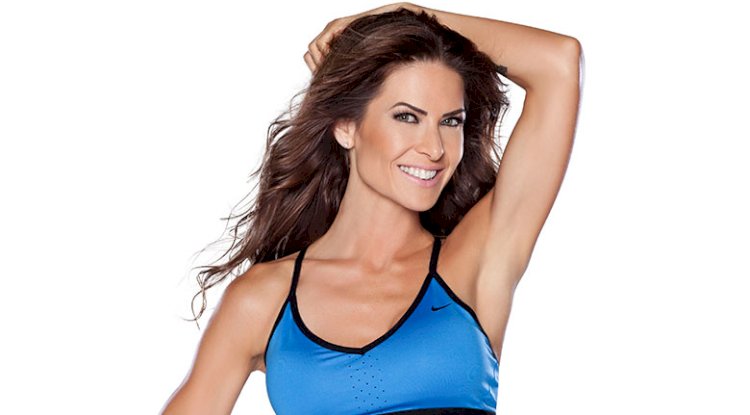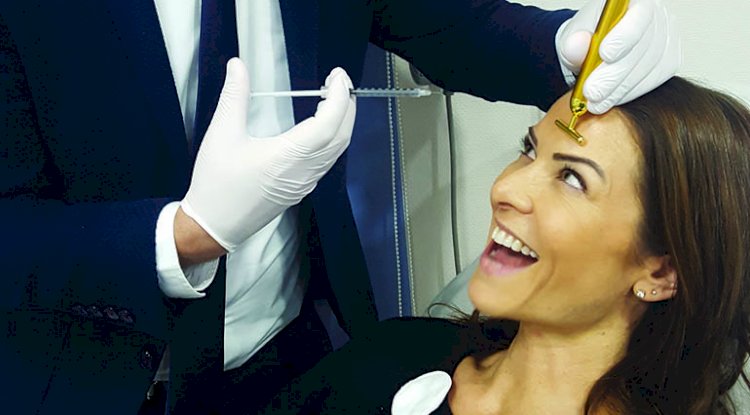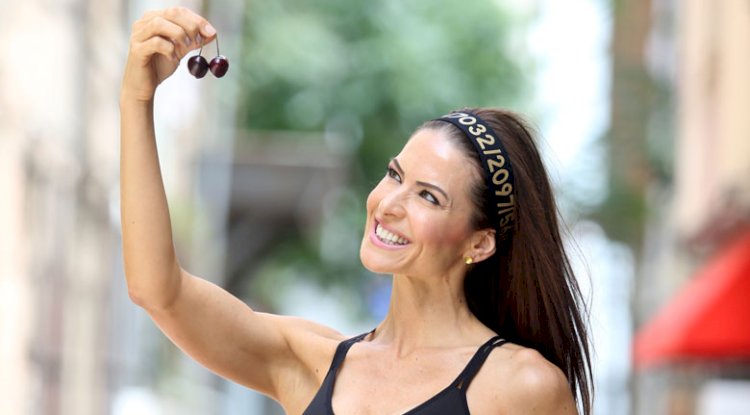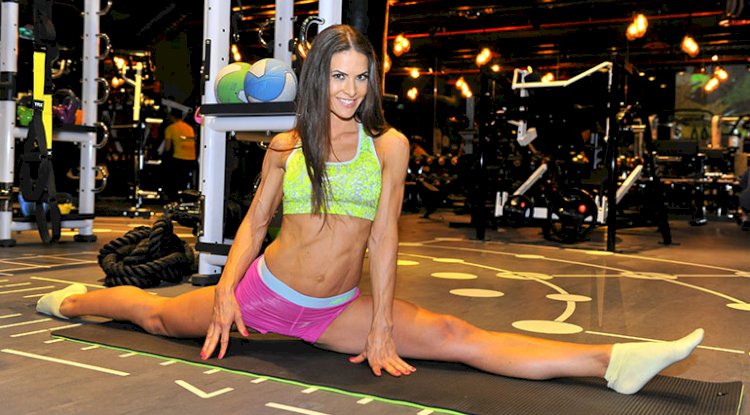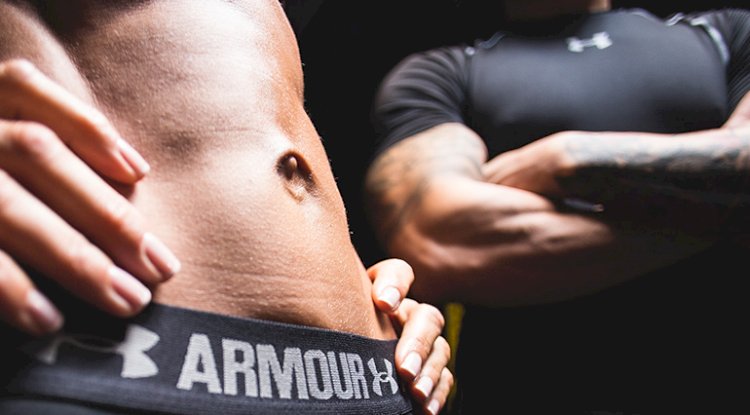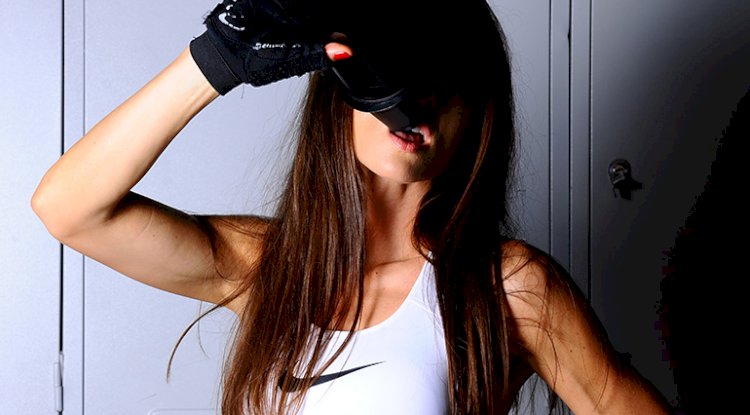Sleeping Beauty: Everyone needs 7 hours of Sleep
The importance of sleep cannot be valued enough. Your body simply doesn't work as it should if you don't let it rest properly at night.
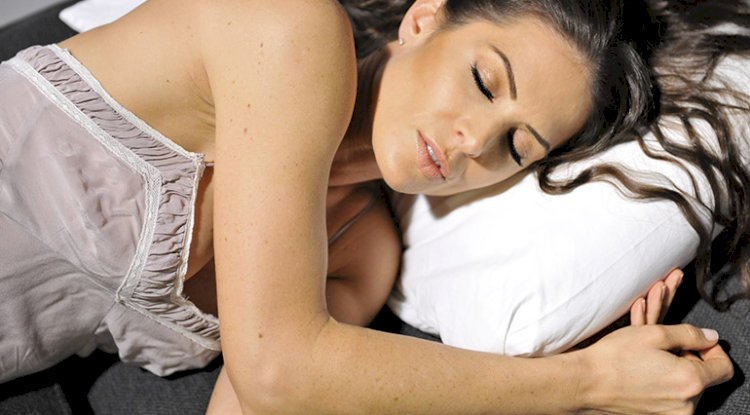
My perfect day definitely starts with a good night’s sleep and a cup of coffee – that’s all it takes to get me going. If I don’t get my seven hours of rest in a couple of days though, even 1 liter of coffee won’t help. My eyes burn, my body is tired and I lack energy and concentration which are about the worse conditions for a tough workout. ADULTS NEED AT LEAST 7-9 HOURS OF UNINTERRUPTED SLEEP to leave their bodies and minds rejuvenated for the next day. If sleep is cut short, the body doesn’t have time to go through all of the phases needed for muscle repair, memory consolidation and release of hormones regulating growth and appetite.
What happens when we sleep? Our brain goes through REM (rapid eye movement) and NREM (non-rapid eye movement) stages. Typically, people begin the sleep cycle with a period of non-REM sleep which is made up of four stages. The first two are periods of light sleep which last from 5 to 15 minutes each. Stage 3 and 4 are deep sleep phases during which the body repairs and regenerates tissues, builds bone and muscle and strengthens the immune system. Usually, after about 90 minutes the REM sleep kicks in. The first REM period lasts approximately 10 minutes, with each recurring REM stage lengthening, and the final one lasting up to one hour. Research shows the brainwave patterns in REM to be similar to that recorded during wakefulness. Heart rate and respiration speed up and become erratic, muscles are relaxed and the eyes move rapidly in different directions. Even though we may dream all night, dreams are most vivid during the REM phase which makes up 20 to 25 percent of total sleep time for young adults.
What are the consequences of sleep deprivation?
- Decreased energy
- Fatigue
- Impaired memory
- Decelerated reflexes
- Depression
- Decreased immune response
- Increased pain
- Hormone changes
- Increased appetite
Numerous studies have revealed that sleep loss in humans lead to insulin resistance which prevents the body to use the stored sugar in liver and muscles as an energy source for athletic performance. Elevated cortisol levels interfere with tissue repair and growth and besides of being obviously forgetful and unfocused after a short night, long term sleep deprivation can lead to permanent brain deterioration. There is also proof that a lack of sleep has an impact on diabetes, osteoporosis, heart disease and certain types of cancer.
I can add from my own experience, that when I am tired I tend to eat much more. Research proves that less than six hours of sleep bumps up production of the hunger-stimulating hormone ghrelin and limits leptin, which will make you crave for junk food and big portions.
We all have short nights sometimes, there is no harm if they don’t become a routine. Still, if you want to improve your athletic performance, you should start by maximizing your sleep because no diet or supplement program will compensate for insufficient rest. Here my tips:
- Make sleep a part of your regular training regimen
- Keep a regular sleep-wake schedule, going to bed and waking up at the same times every day
- Take brief naps to obtain additional sleep during the day if you couldn’t get enough during the night
- Avoid caffeine after 4pm
- Stay clear off sleeping pills, they may work temporarily but in the long term will cause disturbed sleep patterns
- Don’t have intense aerobic exercise in the late evening
- Don’t watch television in bed, it may increase alertness
- Take a warm bath rather than a shower to sooth and relax you before going to bed
- Keep your room dark
- Prefer cool room temperature
- Mask intrusive noise events with background noise like a fan or sound machine
- Buy a comfortable bed, you spend half your life in it
- Make sure your mattress, pillows and sheets are hypoallergenic
